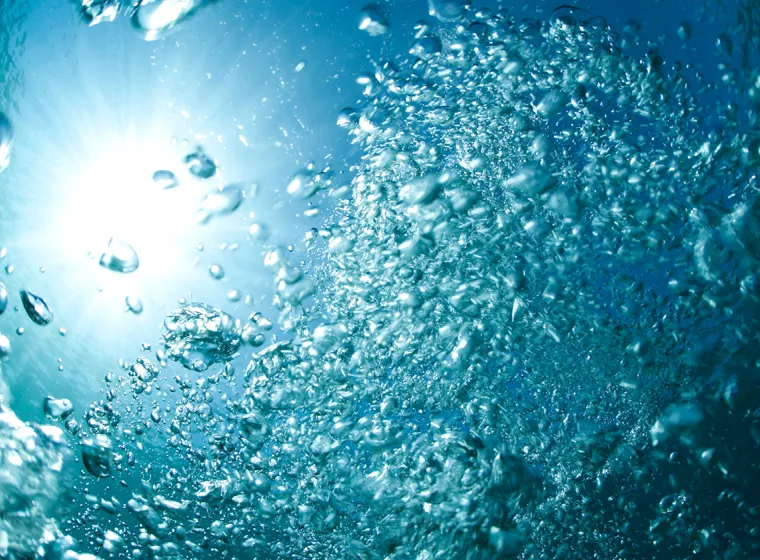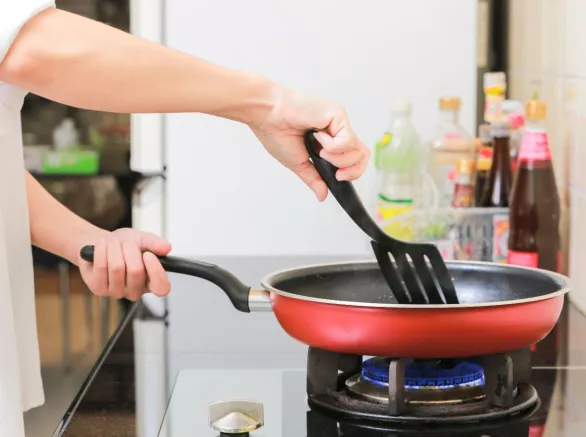February 23, 2024
Mitigating risk in the face of growing scrutiny over eco-label standards
The U.S. seafood industry is striving to meet the growing demand for eco-label standards and green consumerism. While sustainability certifications have been part of the product marketing landscape for seafood manufacturers and retailers for some time, companies are facing increased scrutiny over the meaning of these eco-labels and whether their certifications are backed by objective scientific standards.
Sustainable seafood industry eco-labels multiply
Eco-labeling and sustainable seafood certifications are big business. Seafood products eco-labeled by one of the most well-known certification agencies, the Marine Stewardship Council (MSC), can cost up to 10% more than non-certified seafood, yet a significant number of consumers still seek out seafood with clear sustainability labeling, helping them make eco-conscious purchasing decisions. In a Truven Health Analytics survey, 80% of Americans polled considered the sustainability of their seafood "important" or "very important" — and 51% are willing to pay more for sustainable seafood.
In response, several sustainability-certification programs have surfaced. They vary widely in their specific goals, methods, and rigor, but all are oriented around the mission of guiding consumers to seafood raised and harvested according to best practices. In reality, the meaning of these certification labels varies from program to program, and there is no clear, standardized vetting process aligned to scientific definitions of sustainability that industry must follow.
The results are confusion, decision fatigue, and frustration among consumers — as well as brand-damaging disputes between seafood providers, customers, and activists over issues of "greenwashing."
Scrutiny over sustainable seafood certification standards
Existing seafood eco-labels fall into two main types of certifications: those that set "gold standards" for guiding consumers to seafood raised and harvested according to established best practices and those that prompt improvements over a wider share of the sector. The latter type of certification is more widespread and generally less stringent, making it easier for producers to attain.
Although the MSC and other certification programs, such as the Monterey Bay Aquarium Seafood Watch program and the Global Seafood Sustainability Initiative, have developed extensive guides and labels, each lacks certain elements that consumers may instinctively expect from a "sustainability" label, such as scientifically supported environmental standards and requirements for social responsibility and fair labor practices. Thus, eco-labels have come under fire for whether and how they deliver on their mission: instilling confidence in sustainable fisheries and products that promote the health and biodiversity of ecosystems into the future.
The growing confusion around the relationship between sustainable seafood labels and genuinely sustainable practices has given rise to a growing number of lawsuits.
Ensuring integrity in sustainable seafood certification standards
Certified sustainable fisheries now dominate the global catch for wild white fish, tuna, and salmon, and certifications are ubiquitous across retail chains such as Whole Foods, Safeway, Walmart, Albertson's, Kroger, Meijer, Target, WinCo, Amazon, and Ralph's, as well as popular consumer brands including Dr. Praeger's, Ducktrap, Nature's Way, Doctor's Best, Purina, and McDonald's.
With intensifying pressure to label greater quantities and more types of seafood as sustainable to meet demand, the practices behind sustainability certifications are being questioned, in particular the certification of fisheries that employ dredging, bottom trawling, and fish-aggregating devices, despite the accompanying bycatch, marine life entanglement, and other detrimental environmental outcomes.
The growing confusion around the relationship between sustainable seafood labels and genuinely sustainable practices has given rise to a growing number of lawsuits targeting companies such as Gorton's, Cooke, Mowi, Bumble Bee Foods, Conagra, and Costco, which rely on such eco-labels to market their products.
For industry, the questions extend to who is liable for misleading labels: the certifying/governing body or those who sell their products. For example, in 2022, supermarket chain Aldi was sued by a customer who alleged it had falsely advertised its tuna as "dolphin-safe," even though it involved fisheries that have been identified as using dolphin-harming methods.
While Aldi argued that enforcement of the widely recognized "dolphin-safe" label should fall under the responsibility of the U.S. Congress and the National Marine Fisheries Service (which oversees "dolphin-safe" labeling standards), shielding Aldi from responsibility, a U.S. District Court judge rejected Aldi's request to dismiss the case, positioning the issue squarely in the realm of false advertising. (The class action suit was eventually settled out of court.)

Navigating the future of seafood sustainability and eco-label standards
While the National Oceanic and Atmospheric Administration provides FishWatch Sustainable Seafood profiles as a guide for consumers, the lack of integration with a holistic certification program makes it hard for consumers to make real-time, informed decisions in grocery stores and restaurants. Given the disconnect between industry-driven eco-labeling standards and data-driven sustainability assessments, seafood manufacturers and supermarket chains using sustainable labels may risk further exposure to lawsuits, penalties, and deteriorating brand sentiment.
It remains to be seen whether standards organizations like MSC will adopt a more responsive approach to science-based objections to fishery certifications that reflect unsustainable practices and whether those organizations will adjust their processes to provide greater transparency into their certification methodologies. In the absence of this, and amid controversy among labeling standards for commercially sustainable seafood, it's possible that new seafood eco-labeling standards bodies will emerge, perhaps as part of the federal government's recently announced efforts to develop a "Sustainable Ocean Economy" across the U.S.
Should such a certification program emerge from sustainable ocean economy initiatives, it could follow the model of the U.S. Department of Agriculture's organic label currently used for agricultural products and monitored by the USDA Agricultural Marketing Services National Organic Program. That label is a four-tiered, objective-criteria system certified and audited by accredited third-party organizations working with USDA, with the levels of "organic" delineated based on the ingredients and processes involved.
Until then, commercial manufacturers and retailers, as well as sustainability certification organizations, can take a proactive approach to mitigating risk by asking key questions of their operations:
For industry:
- Are our certification programs scientifically defensible?
- Is our sustainability program improving environmental and social outcomes?
- Does this certification label align with our corporate and customers' definition of sustainability?
- Which species in my portfolio include catch methods that are clearly accounted for and which lack sufficient clarity?
- Among those that are clearly defined, which practices or processes can be considered a true contribution to environmental sustainability?
- Based on what I currently know about my seafood manufacturing or retail chain, what immediate changes can I implement to improve the contributions of my business to sustainability, biodiversity, and the overall ecosystem?
- Can I count any of my "sustainable" steps in my seafood production chain as meeting various emerging biodiversity standards?
For certifying organizations:
- Does this certification label consider both environmental and social (e.g., legal labor) concerns?
- Does this certification label have a rigorous, consistent set of specific metrics against which it tests seafood products, or does it simply look at the overall picture for each seafood type?
- Is this certification label consistent with other sustainability labels?
- Does it have a track record of erring in one direction or the other (e.g., always going for fishery "protection" even when the body of scientific evidence suggests more options for a product)?
What Can We Help You Solve?
Exponent ecologists, fisheries scientists, and impact assessors perform bespoke and holistic environmental sustainability assessments to support business growth, investment, and litigation. Whether you are conducting certification pre-assessments or performing supply chain analysis, our quantitative ecosystem and fisheries scientists can help you mitigate risks and ensure the sustainability of your seafood stock.
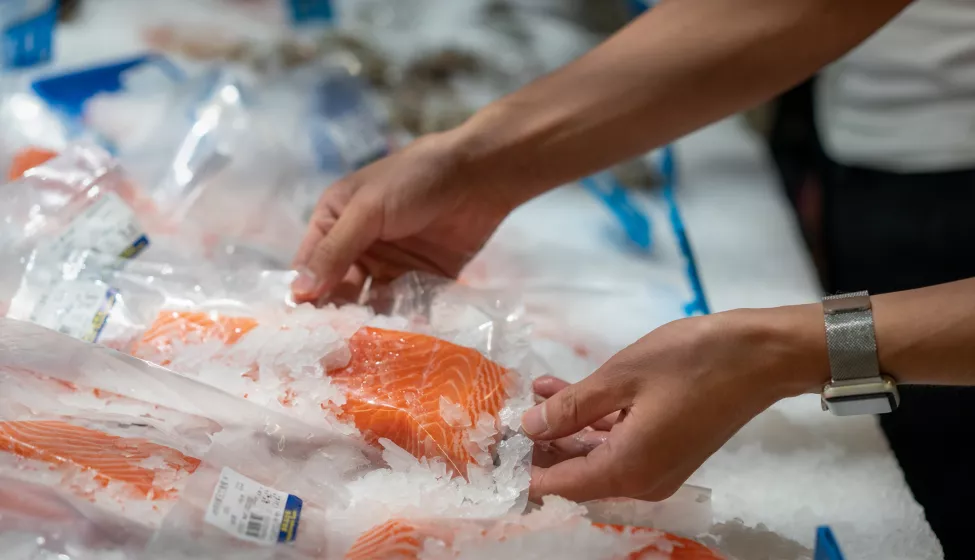


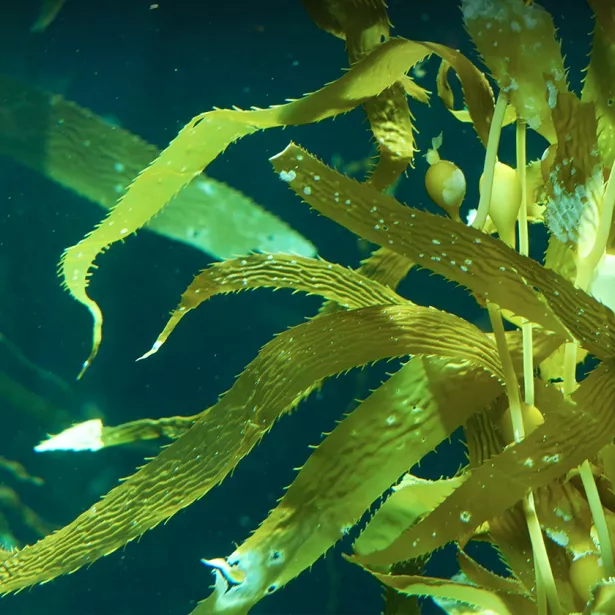
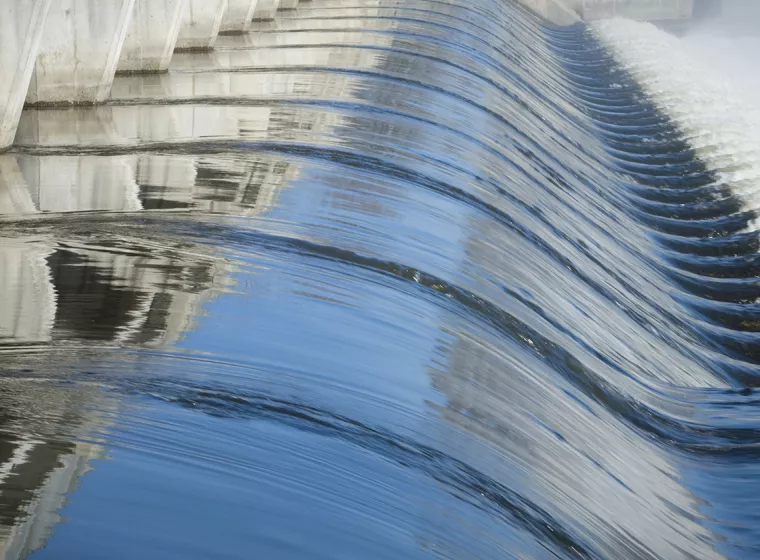


![Consumer Products [PSMC]](/sites/default/files/styles/cards_home_card/public/media/images/GettyImages-171366863.jpg.webp?itok=0YQ9vN1U)
